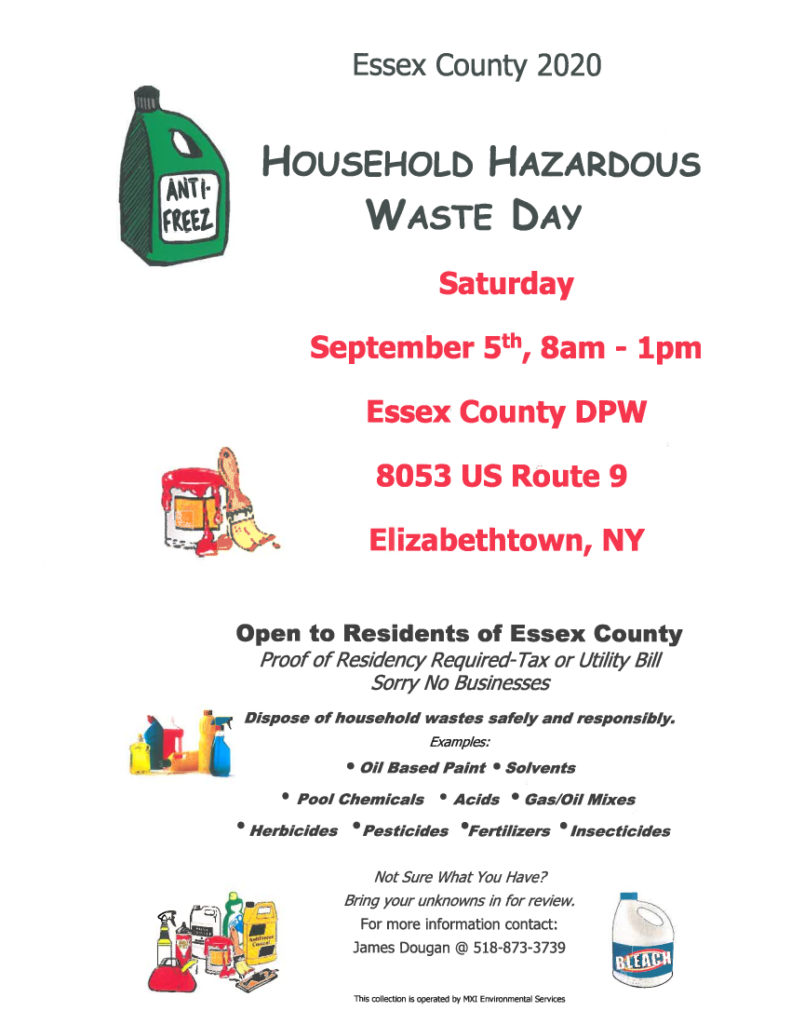
Introduction:
Household hazardous waste poses a significant risk to both our health and the environment if not handled properly. It’s crucial to adopt responsible disposal practices to mitigate these risks and contribute to a safer and cleaner living environment.
Identifying Household Hazardous Waste:
The first step in responsible waste disposal is identifying what constitutes household hazardous waste. Common items include expired medications, paints, solvents, batteries, and cleaning products. Understanding these materials helps in their proper handling and disposal.
Segregation and Storage:
Once identified, segregate hazardous waste from regular household waste. Store these materials in their original containers or clearly labeled containers to avoid confusion. Keep them out of reach of children and pets, and store them in a cool, dry place.
Local Disposal Guidelines:
Each locality has specific guidelines for the disposal of household hazardous waste. Check with your local waste management authority to understand the rules and regulations in your area. Many communities have designated collection days or drop-off locations for hazardous waste.
Reuse and Recycling Options:
Before disposing of hazardous waste, explore options for reuse or recycling. Many items, such as electronics and batteries, can be recycled, while certain household products can be repurposed. Check with local recycling facilities or programs to determine the available options.
Professional Disposal Services:
For larger quantities or materials that cannot be recycled easily, consider professional disposal services. There are companies that specialize in the safe and environmentally friendly disposal of hazardous waste. Research and choose reputable services that comply with local regulations.
Educational Initiatives:
Increasing awareness about household hazardous waste is crucial for community well-being. Engage in educational initiatives within your community, sharing information about responsible disposal practices. Workshops, seminars, and social media campaigns can be effective in spreading awareness.
Government Initiatives and Incentives:
Stay informed about government initiatives and incentives related to household hazardous waste disposal. Some regions offer programs that provide incentives for proper disposal, making it easier for residents to adhere to responsible waste management practices.
Community Participation:
Encourage community participation in hazardous waste disposal initiatives. Collaborate with local organizations, schools, and businesses to organize collection drives or events that promote responsible waste disposal. Collective efforts can have a significant impact on the overall well-being of the community.
The Importance of Responsible Disposal:
Highlight the consequences of improper disposal of household hazardous waste. Emphasize the potential harm to human health, wildlife, and the environment. By responsibly managing these materials, individuals contribute to a healthier planet and a safer living environment for everyone.
In conclusion, disposing of household hazardous waste responsibly is a collective responsibility that requires awareness, education, and proactive participation. By adopting these practices, individuals contribute to a safer and healthier community. Remember to always check local guidelines, explore recycling options, and consider professional services when needed.
For more information on responsible disposal practices, visit Dispose of Household Hazardous Waste Responsibly.










